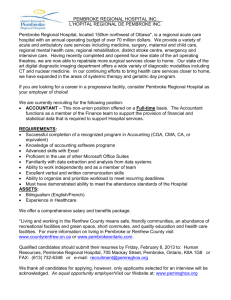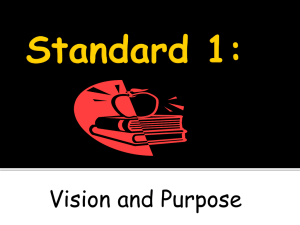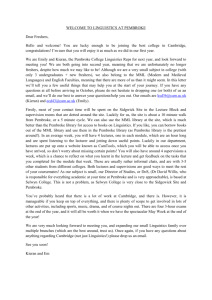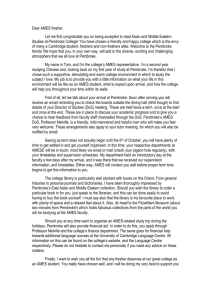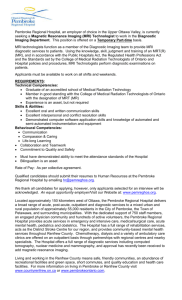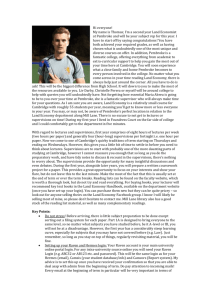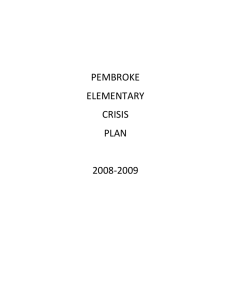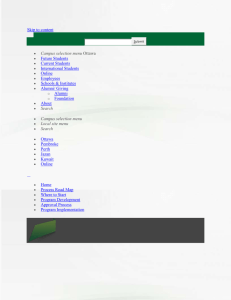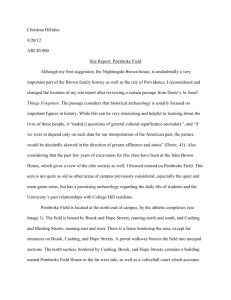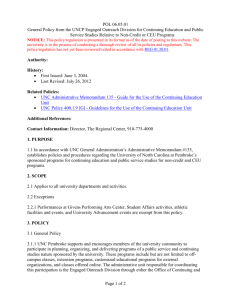History
advertisement
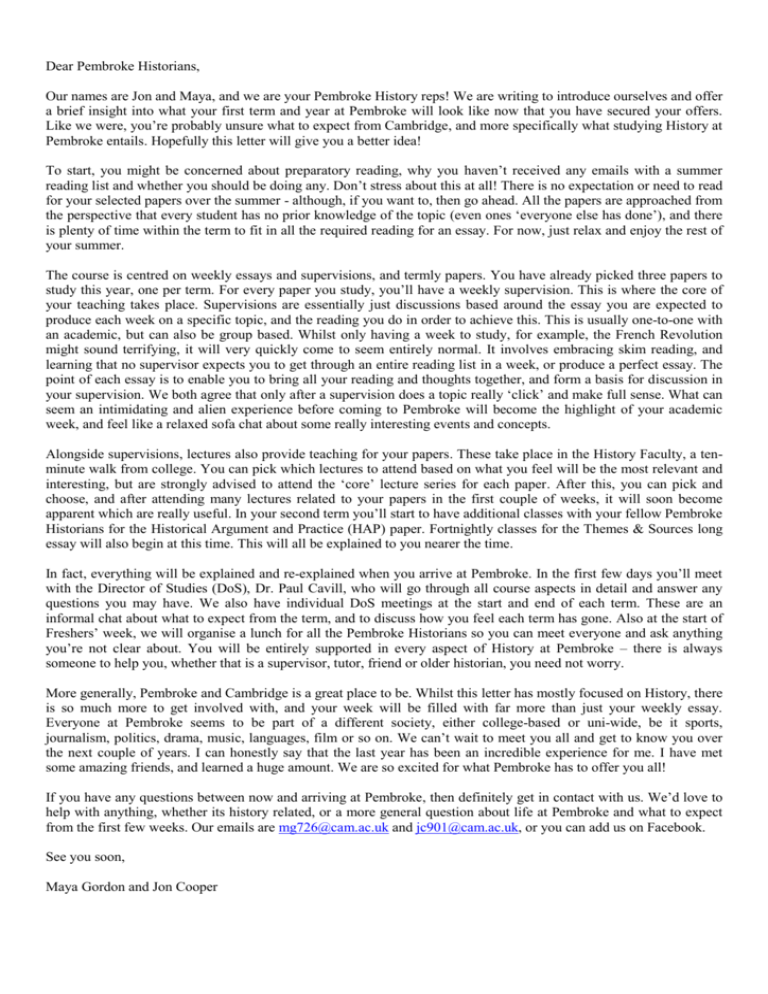
Dear Pembroke Historians, Our names are Jon and Maya, and we are your Pembroke History reps! We are writing to introduce ourselves and offer a brief insight into what your first term and year at Pembroke will look like now that you have secured your offers. Like we were, you’re probably unsure what to expect from Cambridge, and more specifically what studying History at Pembroke entails. Hopefully this letter will give you a better idea! To start, you might be concerned about preparatory reading, why you haven’t received any emails with a summer reading list and whether you should be doing any. Don’t stress about this at all! There is no expectation or need to read for your selected papers over the summer - although, if you want to, then go ahead. All the papers are approached from the perspective that every student has no prior knowledge of the topic (even ones ‘everyone else has done’), and there is plenty of time within the term to fit in all the required reading for an essay. For now, just relax and enjoy the rest of your summer. The course is centred on weekly essays and supervisions, and termly papers. You have already picked three papers to study this year, one per term. For every paper you study, you’ll have a weekly supervision. This is where the core of your teaching takes place. Supervisions are essentially just discussions based around the essay you are expected to produce each week on a specific topic, and the reading you do in order to achieve this. This is usually one-to-one with an academic, but can also be group based. Whilst only having a week to study, for example, the French Revolution might sound terrifying, it will very quickly come to seem entirely normal. It involves embracing skim reading, and learning that no supervisor expects you to get through an entire reading list in a week, or produce a perfect essay. The point of each essay is to enable you to bring all your reading and thoughts together, and form a basis for discussion in your supervision. We both agree that only after a supervision does a topic really ‘click’ and make full sense. What can seem an intimidating and alien experience before coming to Pembroke will become the highlight of your academic week, and feel like a relaxed sofa chat about some really interesting events and concepts. Alongside supervisions, lectures also provide teaching for your papers. These take place in the History Faculty, a tenminute walk from college. You can pick which lectures to attend based on what you feel will be the most relevant and interesting, but are strongly advised to attend the ‘core’ lecture series for each paper. After this, you can pick and choose, and after attending many lectures related to your papers in the first couple of weeks, it will soon become apparent which are really useful. In your second term you’ll start to have additional classes with your fellow Pembroke Historians for the Historical Argument and Practice (HAP) paper. Fortnightly classes for the Themes & Sources long essay will also begin at this time. This will all be explained to you nearer the time. In fact, everything will be explained and re-explained when you arrive at Pembroke. In the first few days you’ll meet with the Director of Studies (DoS), Dr. Paul Cavill, who will go through all course aspects in detail and answer any questions you may have. We also have individual DoS meetings at the start and end of each term. These are an informal chat about what to expect from the term, and to discuss how you feel each term has gone. Also at the start of Freshers’ week, we will organise a lunch for all the Pembroke Historians so you can meet everyone and ask anything you’re not clear about. You will be entirely supported in every aspect of History at Pembroke – there is always someone to help you, whether that is a supervisor, tutor, friend or older historian, you need not worry. More generally, Pembroke and Cambridge is a great place to be. Whilst this letter has mostly focused on History, there is so much more to get involved with, and your week will be filled with far more than just your weekly essay. Everyone at Pembroke seems to be part of a different society, either college-based or uni-wide, be it sports, journalism, politics, drama, music, languages, film or so on. We can’t wait to meet you all and get to know you over the next couple of years. I can honestly say that the last year has been an incredible experience for me. I have met some amazing friends, and learned a huge amount. We are so excited for what Pembroke has to offer you all! If you have any questions between now and arriving at Pembroke, then definitely get in contact with us. We’d love to help with anything, whether its history related, or a more general question about life at Pembroke and what to expect from the first few weeks. Our emails are mg726@cam.ac.uk and jc901@cam.ac.uk, or you can add us on Facebook. See you soon, Maya Gordon and Jon Cooper
